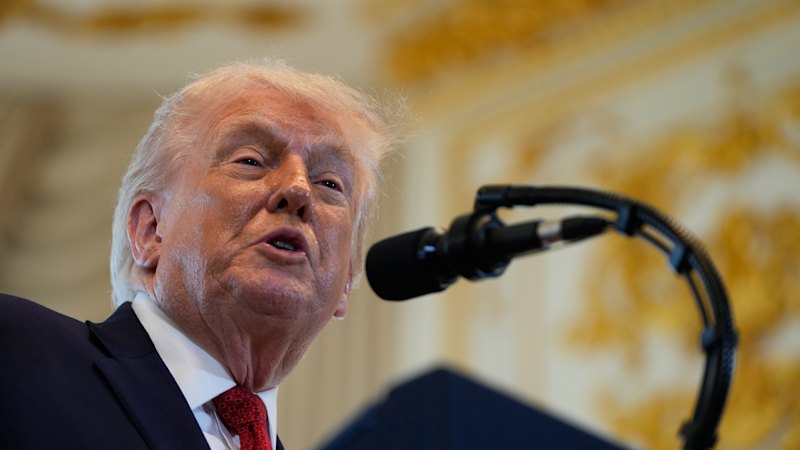
Australia is set to implement a groundbreaking ban on social media accounts for users under the age of 16 starting in December 2023. This decision follows recent research that highlights the effectiveness of various age verification tools. The Albanese government aims to enhance online safety for children by ensuring that social media platforms take appropriate measures to prevent underage users from accessing their services.
The new legislation, passed in 2022, mandates that platforms such as Facebook, Instagram, TikTok, Snapchat, X, and YouTube must take “reasonable steps” to block users under 16 from creating or maintaining accounts. Failure to comply could result in hefty fines of up to $49.5 million.
Research Supports Age Verification Initiatives
The government’s confidence in this initiative is bolstered by the release of a comprehensive 1100-page report detailing findings from an independent trial on age assurance technology. This study evaluated over 60 age verification and estimation methods provided by 48 technology providers. The report concluded that age verification could be conducted in Australia both efficiently and effectively, without substantial technological barriers.
Among the methods assessed, the report noted that age verification could be carried out using various resources, including government-issued identification, credit reference agency databases, utility account records, and educational data. Such tools could provide a robust framework for ensuring compliance with the new regulations.
Prime Minister Anthony Albanese plans to leverage his appearance at the upcoming United Nations General Assembly to garner international support for initiatives aimed at safeguarding children from social media exposure. His government argues that the proactive stance on age verification is essential for the well-being of young Australians.
Challenges Ahead for Social Media Giants
Despite the government’s enthusiasm, major tech companies have expressed concerns regarding the practicality of implementing these new rules. Critics argue that determined teenagers could circumvent the age verification measures using virtual private networks (VPNs) and other technological workarounds. The challenge lies not only in enforcing the regulations but also in developing effective tools that can withstand such attempts at evasion.
The Albanese government’s approach marks a significant step in the global discourse on online safety for minors. As authorities work to implement these changes, the focus will be on balancing privacy, security, and accessibility in an increasingly digital world. The success of this initiative could set a precedent for other nations grappling with similar concerns about youth engagement on social media platforms.






